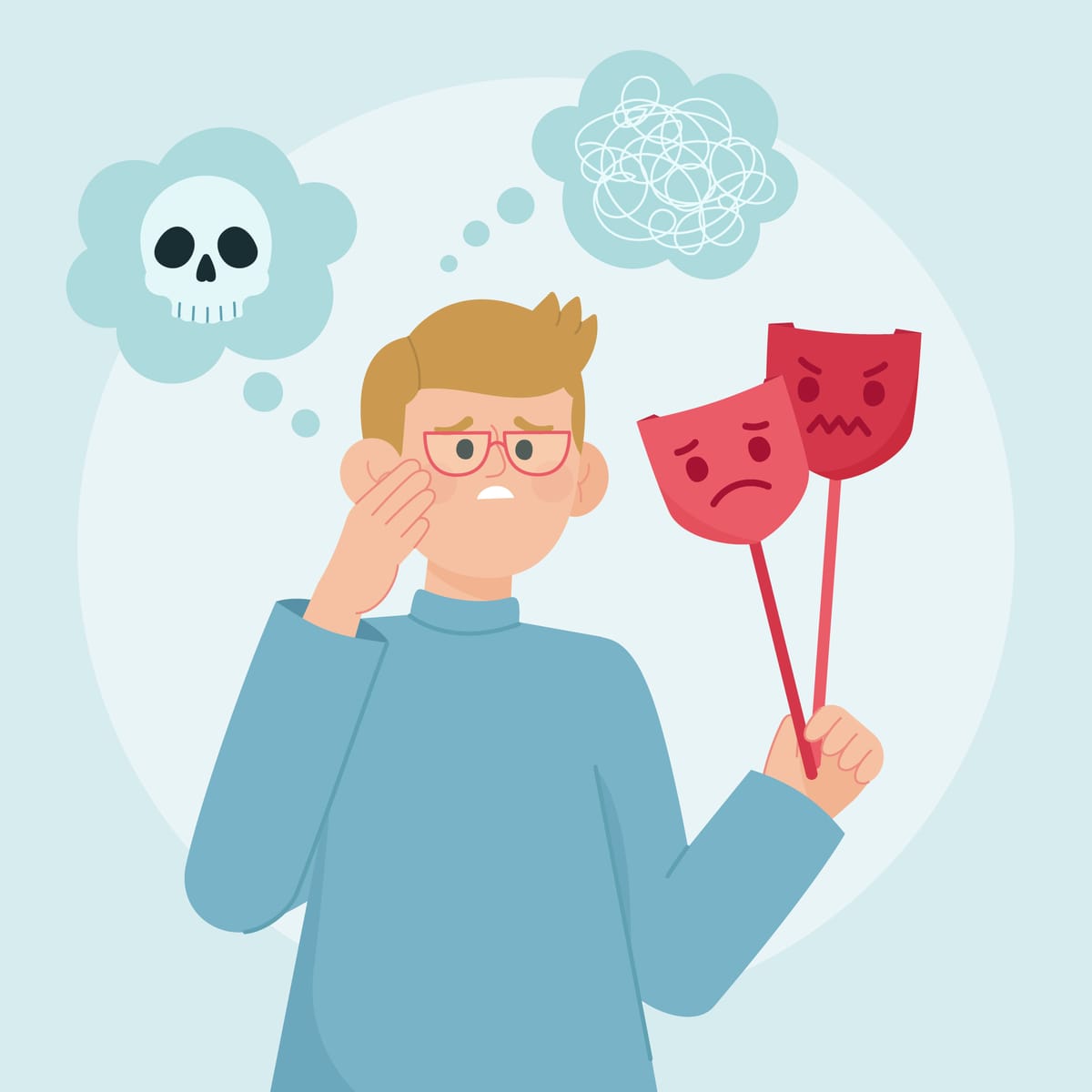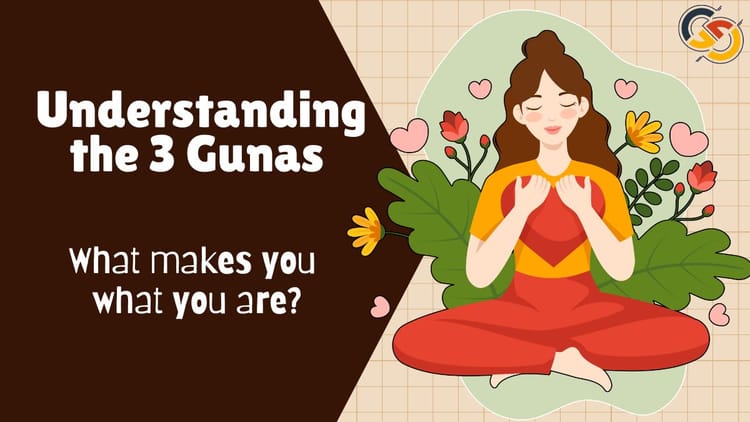The Endowment Effect: A Deep Dive into How Ownership Changes Our Perception of Value

Imagine holding two identical coffee mugs - one that's yours and another from the store. Despite their sameness, you'd likely value your mug more highly. This seemingly irrational behavior isn't random; it's a well-documented psychological phenomenon called the endowment effect. In this comprehensive guide, we'll explore how this fascinating aspect of human psychology influences our daily decisions, shapes markets, and impacts business strategies.
The Psychology Behind Our Attachment to Possessions
At its core, the endowment effect represents our tendency to value items more highly simply because we own them. This psychological phenomenon, first identified by Nobel laureate Daniel Kahneman and his colleagues Richard Thaler and Jack Knetsch, has profound implications for everything from personal financial decisions to global market dynamics.
Sunk Cost Fallacy
Anchoring Bias
Confirmation Bias
Fundamental Attribution Error
The Science of Ownership
Research has consistently shown that people demand significantly more money to part with an object they own than they would be willing to pay to acquire the same item. This disparity isn't just about sentimental value - it's a fundamental bias in how our brains process ownership and loss.
The effect manifests in several ways:
- Immediate Attachment: Studies show that people begin to value items more highly almost immediately after receiving them, even before developing any meaningful history with the object.
- Perceived Value Inflation: Owners typically overestimate the market value of their possessions by 20-70%, depending on the type of item and circumstances.
- Emotional Investment: The longer someone owns an item, the stronger the endowment effect typically becomes, as emotional attachments develop and deepen.
Endowment Effect as used by Apple
Loss Aversion: The Hidden Driver
Understanding the endowment effect requires exploring its close relationship with loss aversion - our tendency to feel the pain of losses more intensely than the pleasure of equivalent gains. This asymmetry in how we process gains and losses has several fascinating implications:
The Psychological Cost of Letting Go
When faced with the prospect of giving up something we own, our brains activate regions associated with physical pain and negative emotions. This neurological response helps explain why:
- People often refuse objectively favorable trades
- Sellers typically demand prices far above market value
- Individuals hold onto underperforming investments too long
- Homeowners resist selling during market downturns, even when financially prudent
Cultural Variations and Market Experience
The endowment effect isn't uniform across all populations and contexts. Research has revealed interesting variations that help us better understand this phenomenon:
Cross-Cultural Studies
Different cultures exhibit varying degrees of the endowment effect, suggesting that cultural values and social norms play a crucial role in how we value ownership:
- Collective societies often show weaker endowment effects
- Cultures emphasizing individual ownership display stronger effects
- Market-oriented societies may exhibit different patterns compared to traditional economies
The Role of Experience
Professional traders and experienced market participants often show reduced endowment effects, indicating that market experience can moderate this bias. This finding has important implications for:
- Professional decision-making
- Market efficiency
- Training and education in financial sectors
Business Applications and Marketing Strategies
Smart businesses have learned to leverage the endowment effect to enhance their marketing and sales strategies. Here's how various industries apply this psychological principle:
Digital Products and Services
Modern technology companies have found innovative ways to utilize the endowment effect:
- Free Trials
- Software companies offer extended trial periods
- Streaming services provide free months of service
- Apps offer premium features temporarily
- Freemium Models
- Basic features available at no cost
- Users become attached to the service
- Premium upgrades feel less like new purchases and more like maintaining existing benefits
Retail and E-commerce
Physical retailers and online stores employ various tactics based on the endowment effect:
- Return Policies
- Liberal return windows reduce purchase anxiety
- Home try-on programs create temporary ownership feelings
- Hassle-free returns encourage initial purchases
- Product Customization
- Online product configurators
- Build-your-own options
- Personalization services
Practical Implications for Consumers
Understanding the endowment effect can help individuals make better decisions in various aspects of life:
Personal Finance
- Investment Decisions
- Recognizing when emotional attachment affects portfolio decisions
- Understanding the role of the endowment effect in real estate transactions
- Making objective assessments of investment value
- Consumer Behavior
- Evaluating purchases more objectively
- Understanding the true value of possessions
- Making more rational decisions about keeping or selling items
Professional Applications
The endowment effect has significant implications for various professional fields:
Business Strategy
- Pricing Strategies
- Setting appropriate prices for products and services
- Understanding customer value perception
- Developing effective marketing campaigns
- Customer Retention
- Building loyalty programs that leverage ownership feelings
- Creating switching costs that feel natural to customers
- Developing strong brand relationships
Negotiation Tactics
- Understanding Biases
- Recognizing when the endowment effect might influence negotiations
- Developing strategies to overcome ownership biases
- Creating win-win situations that account for psychological factors

Future Implications and Trends
As our understanding of the endowment effect continues to evolve, several emerging trends and implications deserve attention:
Digital Ownership
The rise of digital assets and virtual possessions presents new questions about how the endowment effect operates in virtual spaces:
- Digital Goods
- Virtual property in games and metaverse platforms
- Digital art and NFTs
- Cryptocurrency holdings
- Social Media
- Digital identity and online presence
- Virtual collections and achievements
- Social media account value perception
Practical Tips for Overcoming the Endowment Effect
To make better decisions, consider these strategies for managing the endowment effect:
- Objective Evaluation
- Use market research and comparative analysis
- Seek outside opinions and professional appraisals
- Document item values before taking ownership
- Decision-Making Framework
- Create criteria for keeping or selling items
- Regularly review possessions and their utility
- Consider opportunity costs in retention decisions
The Future of Ownership Psychology
As society evolves, our understanding of the endowment effect continues to develop:
- Emerging Research
- New studies on digital ownership
- Investigation of cultural factors
- Analysis of generational differences
- Practical Applications
- Development of new business models
- Evolution of marketing strategies
- Innovation in consumer protection
Frequently Asked Questions
- What exactly is the endowment effect?
The endowment effect is a psychological bias where people place higher value on items they own compared to identical items they don't own. This cognitive bias influences decision-making and value perception across various contexts. - How does the endowment effect impact consumer behavior?
The endowment effect significantly influences how consumers make purchases, value their possessions, and make decisions about keeping or selling items. It can lead to overvaluation of owned items and reluctance to part with possessions. - Can the endowment effect be overcome?
While the endowment effect is a natural psychological bias, it can be managed through awareness, objective evaluation techniques, and structured decision-making frameworks. Professional experience and training can also help reduce its impact. - How do businesses use the endowment effect in marketing?
Companies leverage the endowment effect through strategies like free trials, product customization, loyalty programs, and return policies that create a sense of ownership before purchase. - Does the endowment effect apply to digital goods?
Yes, the endowment effect extends to digital possessions, including virtual property, digital art, and online accounts, though the mechanism might differ from physical goods. - How does culture influence the endowment effect?
Cultural factors significantly impact the strength of the endowment effect, with collective societies often showing weaker effects compared to individualistic cultures. - What's the relationship between loss aversion and the endowment effect?
Loss aversion is a key psychological mechanism underlying the endowment effect, where the pain of losing something is felt more intensely than the pleasure of gaining something of equal value. - How does the endowment effect impact professional decision-making?
The endowment effect can influence professional decisions in areas like investment management, real estate transactions, and business negotiations, though experience can help mitigate its impact. - What role does the endowment effect play in negotiation?
The endowment effect can complicate negotiations by causing parties to overvalue their positions or possessions, making it harder to reach mutually beneficial agreements. - How is the endowment effect being studied in the digital age?
Current research explores how the endowment effect manifests in digital environments, including virtual property, cryptocurrency, and social media presence.




